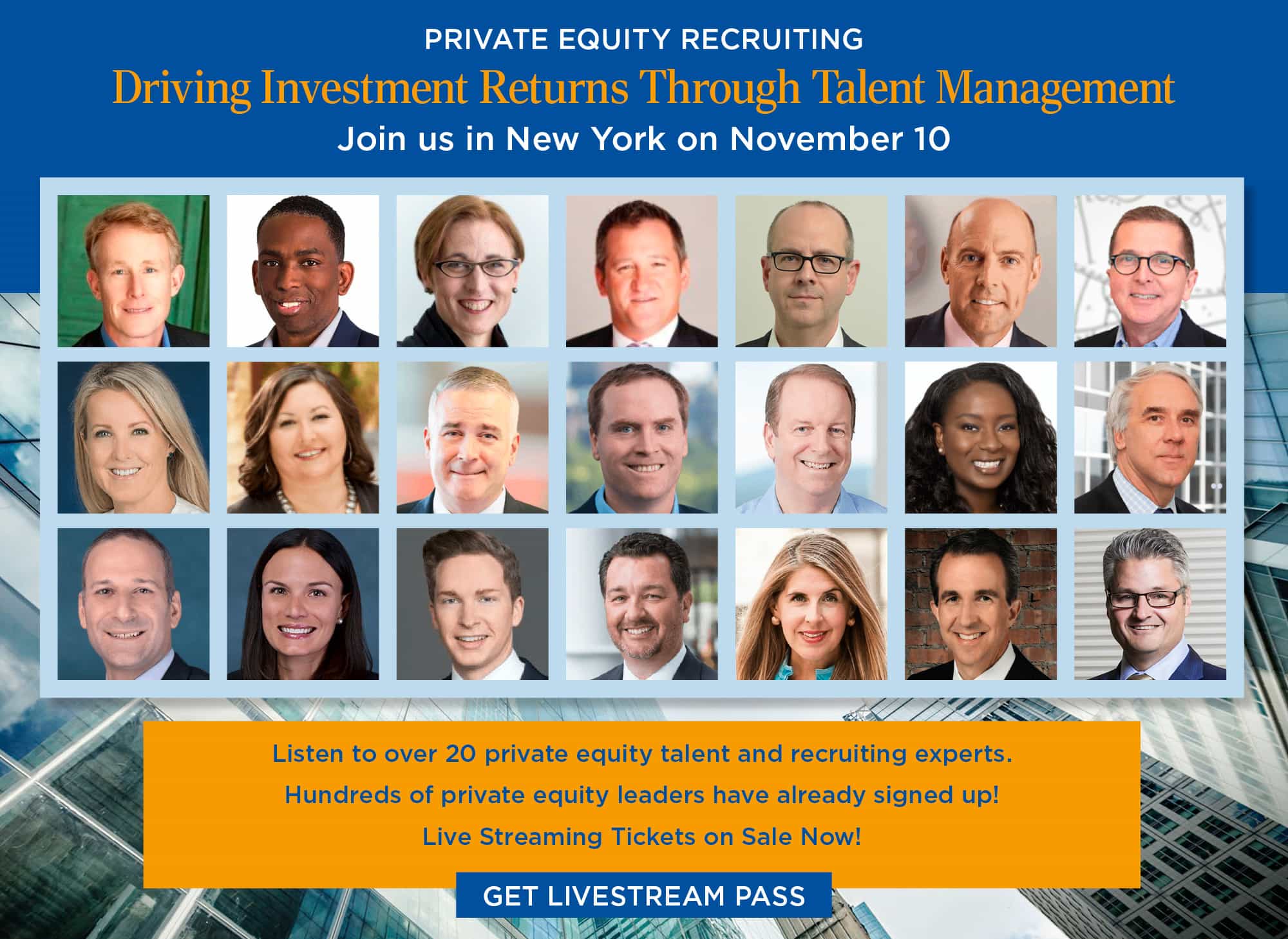Jobless Claims Continue to Surge Over One Million

July 30, 2020 – As COVID-19 cases continue to climb across the U.S., the Labor Department reported this morning that 1.43 million more Americans filed new claims for state unemployment benefits last week, the 19th week in a row that the figure has risen to well over one million. Economists polled by Dow Jones expected initial claims to rise by 1.45 million. The latest numbers reflect the continued strain on the economy caused by a pandemic wreaking havoc around the world.
According to multiple reports, the continuing spike of job cuts is occurring against the backdrop of a spike in virus cases that has led many states to halt plans to reopen businesses and has caused millions of consumers to delay any return to traveling, shopping and other normal economic activity. Those trends have forced many businesses to cut jobs or at least delay hiring.
Federal Reserve chairman Jerome Powell has repeatedly warned of a sluggish economic recovery if millions of workers cannot return to their previous jobs and need to retrain or learn new skills. “It looks like the data are pointing to a slowing in the pace of the recovery,” he said in a press conference on Wednesday, after the Fed’s monetary policy meeting.
“The resurgence of COVID-19 cases and the impact that has on the economy is spurring the Fed’s anxiety,” said Diane Swonk, chief economist at Grant Thornton, noting that the Fed is clearly more concerned about the economy than it was just a month ago. “Powell is willing to do more but is limited, and needs Congress to step up to the plate,” Ms. Swonk said.
During the week, 46 states reported 12,413,322 individuals claiming Pandemic Unemployment Assistance benefits and 46 states reported 1,055,098 individuals claiming Pandemic Emergency Unemployment Compensation benefits. The highest insured unemployment rates in the week were in Puerto Rico (24.6), Nevada (22.0), Hawaii (21.0), Louisiana (16.6), New York (16.3), Georgia (16.0), California (15.5), Connecticut (15.1), Massachusetts (14.5), and the Virgin Islands (14.5). The largest increases in initial claims for the week were in Louisiana (+5,728), Virginia (+5,654), California (+4,680), Tennessee (+3,713), and Alabama (+3,113), while the largest decreases were in Florida (-23,855), Texas (-17,608), Georgia (-16,139), New Jersey (-12,893), and Washington (-12,261).
Working With Search Firms During a Pandemic
Julian Rives is managing partner of Chapel Hill Solutions, a mutually committed, healthcare executive search firm. The firm has grown in the executive search marketplace for 25-plus years, recruiting leaders and top talented individuals in its network to enhance its clients’ workforce. Chapel Hill Solutions focuses on the healthcare and life sciences industry including all phases and business areas within the pharmaceutical, bio tech, clinical research and medical device and healthcare.
Related: COVID-19 and Its Impact on Human Capital
The costs of hiring the wrong person is always high, he said, but during a pandemic any wrong moves can be costly. That means every organization has had to refocus on how it selects search firms to help make critical hires. Mr. Rives sat down with Hunt Scanlon Media earlier this week to discuss what to ask a search firm when trying to find the right partner for your company to recruit its next senior executive.

Julian, what questions do you suggest clients ask when deciding on which headhunter to choose?
We suggest that clients ask, “What value does this search firm provide them? What capacity and expertise does the search firm have to curate a search for our direct needs? Can this executive search firm meet and surpass our needs? Is there flexibility in the partnership?” At our firm, we curate our searches/sourcing and advertising to meet the needs of our individual clients. We customize our approach for each client and each search as no two are the same.
How do you size up an executive search firm’s capabilities?
We see an executive search firm’s capabilities in the way they are able to handle different client’s needs and balance them. It’s important for a search firm to have a sound communication process that allows real time updates to insure they can fine tune the search process and find the exact talent needed efficiently.
“It’s important for a search firm to have a sound communication process that allows real time updates to insure they can fine tune the search process and find the exact talent needed efficiently.”
How do you differentiate your firm when trying to gain new clients?
Since we are a boutique firm, we have the capability to hone in on specific searches and find the best candidates for our clients. A senior partner leads, and is actively engaged in, each search rather than handing off to junior staff. Each one of our staff members have different levels of experience in executive search, which is beneficial when it comes to balancing all the steps of a successful search. Over the last eight years, we have successfully completed 100 percent of our retained searches, on time and within budget.
Related: 10 Tips for Networking with Executive Recruiters During COVID-19
Contributed by Scott A. Scanlon, Editor-in-Chief; Dale M. Zupsansky, Managing Editor; Stephen Sawicki, Managing Editor; and Erik Boender, Senior Research Editor – Hunt Scanlon Media












